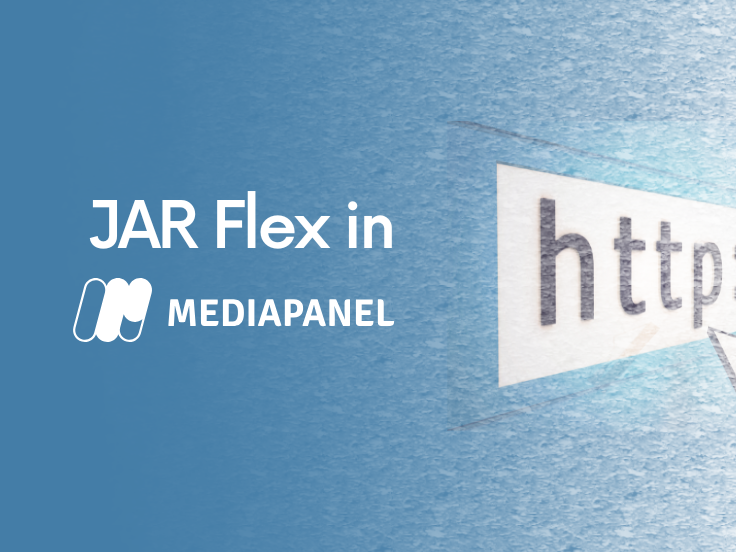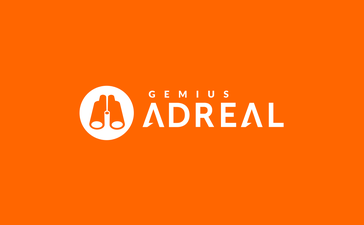
Implementation of JAR Flex method in Mediapanel survey
The restriction of browsers' support for Third Party Cookies is the result of a drive to increase the level of privacy on the Web. Currently, TPCs are no longer supported by default by browsers: Safari, Samsung Browser, Microsoft Edge and Mozilla Firefox, which account for about 25% of all page views from browsers. The introduction of the JAR Flex method makes Mediapanel's survey independent of the TPC-support-related market situation, while maintaining the continuity of measurement.
JAR Flex is based on First-Party Cookies, using two methods: Cookie Matching (CM; which assesses the probability that FPC files from different domains, which we observe as separate, are in fact from a single device, and then combines them into appropriate groups) and Browsers Number (BN; which allows us to calculate from site-centric data an estimate of the number of browsers based on FPC data and IP addresses).
The implementation of the new method increases the precision of the measurement thanks to the ability to more accurately calculate the number of users of those browsers that do not support TPC (previously, this information was estimated based on the number of page views). It also eliminates overestimation of the results of sites with a preponderance of traffic from Google Discover (an aggregator that opens sites in Google's built-in Chrome browser), and makes the survey methodology more resistant to changes in the way privacy policies are presented, such as the switch from an opt-out to an opt-in model.
The implementation of the JAR Flex method is the culmination of intensive work on a solution that makes our measurement independent of the time and again changing decisions of external entities, such as Google, related to the supporting the Third-Party Cookies. - Aleksandra Załęska, head of the Mediapanel survey, comments. - We have created a method that not only makes Mediapanel's survey stable, regardless of the market situation, but at the same time increases the quality of the results and precision of the measurement. The cross-media measurement carried out by Gemius is constantly being improved, and projects such as JAR Flex are a concrete response to real market demand and dynamic changes in the media ecosystem.
Implementing measurement methods that make us independent of the TPC is not only a step towards improving the quality and stability of the Mediapanel survey, but more importantly, it protects us from Google's unpredictable actions related to the Chrome browser performance. Many companies, both on the publishers' side, advertising clients and ad ecosystem solution providers have already abandoned or are abandoning the use of TPC and reliance on TPC in their business operations, making their businesses less susceptible to the adverse practices of players like Google. The transition to the JAR Flex method also opens up an opportunity for Polskie Badania Internetu to expand its offer of research products based on Mediapanel's survey methodology and drawing on its solutions, comments Krzysztof Mikulski, CEO of Polskie Badania Internetu.
Poland is another market where Gemius is introducing the JAR Flex method. It has previously been successfully implemented in countries such as Denmark, Belgium, Hungary, Portugal, Estonia, Latvia, Moldova and Romania.


